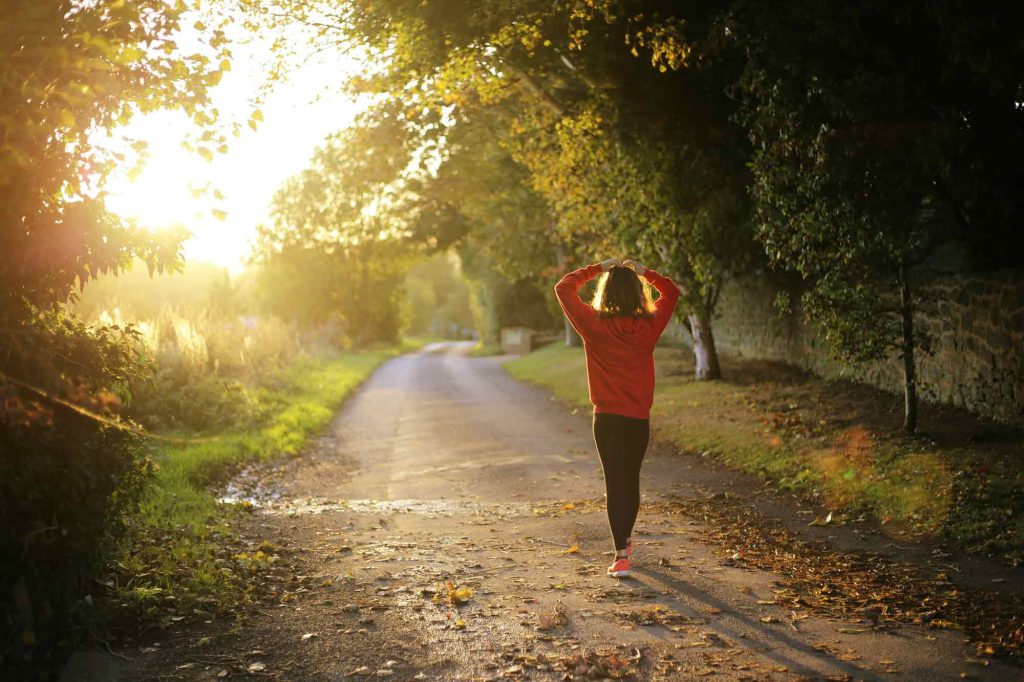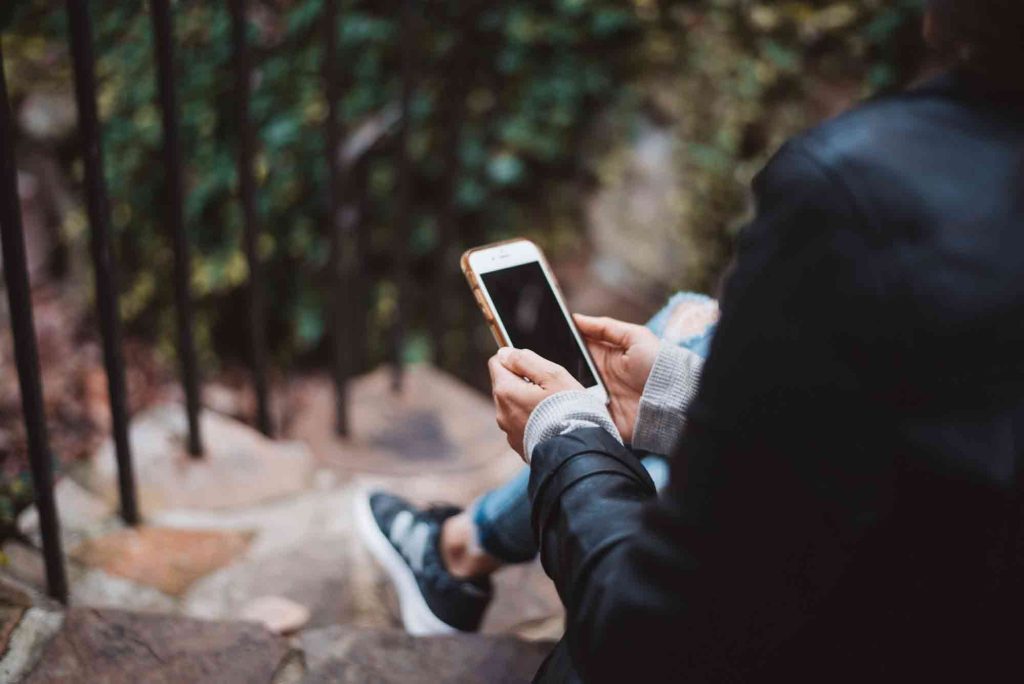The woman interviewed for this piece wants to stay private, therefore she is referred as Jane Doe.

As part of its efforts to get young Londoners outside, Helly Hansen is promoting a scavenger hunt across London’s parks. This is part of the company’s wider efforts to promote mental health among young people through outdoor activities. I spoke to the lead contact of wellbeing in a large professional service firm about the challenges faced by Gen Z, particularly the stress caused by the pandemic and got to learn her thoughts on how we, as a society and individuals, can improve our mental health.
The large professional service firm Jane Doe works at is a company that has presented us with research on mental health and has signed the Mental Health at Work Commitment. A survey done by them highlights the stress levels among Gen Zs. “46% of Gen Zs say they feel stressed and anxious all, or most, of the time”. To shed light on mental health I have talked to Jane Doe. She has over ten years of experience in workplace wellbeing and has shared her thoughts on mental health among Gen Zs.
According to your company almost half of Gen Zs in the UK feel anxious or stressed a lot of the time, what do you think is the reason?
In my view there is a greater awareness of mental health issues now than ever before. Previous generations may have felt the same way but not articulated it because they a) felt too much stigma associated; b) did not have the language of mental health in order to have conversations; c) did not know how to have those conversations; and d) others around them did not have the language or skills to have those conversations. It is not possible to know, of course!
The pace of life is greater than ever – the development of technology has enabled us to access each other and resources 24/7 around the globe. Whilst there are so many advantages to this, the pace of learning around the possible risks and good practice has not kept up with the development of technology. I think we are starting to see more interest in how to consume technology and communication channels responsibly but there is more to learn.
The pandemic has clearly also had an impact on everyone, there are many reports showing that the uncertainty for the future has impacted younger people more significantly – likely because they are earlier in life and less established in careers, relationships and homes.
Gen Zs spends much time on their phones, how important do you think it is to spend time outdoors away from your phone?
I think this depends on what people are using their phones for. Our devices are incredible resources providing access to countless opportunities for development and learning as well as connecting with others. Scrolling social media for hours on end is very different from listening to podcasts or audio books. We use our phones for exercise, for meditation, for learning and of course to connect with others – all of these activities are important to mental wellbeing.
What do you think are the consequences for young people after the pandemic?
The unknown future is tough for everyone but it is important to remember that the future has always been unknown.
With change there is always opportunity so people may need to revisit their plans for the future and consider how they can maximise the opportunities provided by the pandemic – this might be about different ways of working but could also be about different career paths as businesses start to explore their future.
One of the challenges will be that older generations don’t have the experience to share and therefore less chance of mentoring / coaching based on experience. However, I think there are still amazing opportunities for mentoring and coaching as we all experience the changes together.
Do you have any tips for young people to improve their mental health?
- Start with the basics: sleep, nutrition, hydration and movement are the foundations for good wellbeing. No amount of meditation is going to fix a diet of starchy carbs, sugar and alcohol and 4 hours of sleep.
- Educate yourself about different aspects of wellbeing and learn to look for signs that you may be struggling – there is so much information available but rely on reputable sources.
- Seek help – speak up as soon as you think you might be feeling unwell. Asking for help is a strength. Don’t assume you can cope on your own – mental ill health can creep up quickly and it is much harder to recover from a more serious illness.
- Take advice from professionals. If you broke your leg you’d listen to the doctor. We need to treat our minds in the same way. If you’re prescribed medication, take it.
- Be kind to yourself.
What is something our society should be better at to make the statistics decrease?
From a workplace perspective, job design is a key issue and there are opportunities to really create better wellbeing if we better consider how jobs are created, provide people with clarity and autonomy, show appreciation, balance demands and resources.
From a societal perspective, we need more investment in education and we need to educate people earlier – when they are at school. Greater investment and provisioning of services is also needed – eg training for GPs, easier access to therapy, more in-patient services etc. There is a huge gulf between private provisioning and NHS provisioning. Those who can afford to do so will get better faster and have better treatment.

This interview is a part of Helly Hansen´s “Where Improvement Begins” campaign. Jane´s thought shows us the importance of acknowledging and focusing on mental health issues. After talking to Jane, it is evident that big companies, such as Helly Hansen, is an important part of the movement to improve younger generations wellbeing.